Woven Words: Life in Christ – a collection of poems and prayers
Additional information
| Weight | 0.029 kg |
|---|---|
| Dimensions | 14.7 × 10.6 × 0.4 cm |
| Format |
Add a Review
Be the first to review “Woven Words: Life in Christ – a collection of poems and prayers” Cancel reply
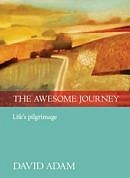

The Awesome Journey: Life’s Pilgrimage
Scripture & Prayer
Drawing on a lifetime of Christian pilgrimage, David Adam reflects on biblical encounters with the divine.
God's question to Adam, 'Where are you?' is relevant to us all; Abraham's long journey of hearing and obeying (and learning the art of having no agenda) is ours too; Jacob's great discovery – that heaven is found on earth and earth is raise to heaven – helps us to become aware that we often already possess what we think we're searching for. Moses' desert experiences of grief and glory encourage us to press on to the Promised Land; Elijah's powerlessness reminds us that God often call us out of darkness and weakness, and that we may need stillness to hear him. The story of the prodigal son's return is a disarming reminder of the welcome that awaits each one of us; while Paul's call to rejoice inspires us to be present fully to each day.
As we continue to move forward, these profound insights – on grief and glory, emptiness and fulfilment, repentance and forgiveness, loving and being loved will transform the way we live and the way we relate to God, here and now.
£8.99
Sold out
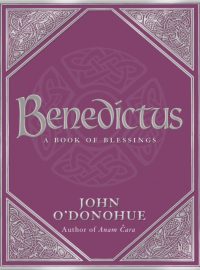

Benedictus: A Book of Blessings
Celtic Prayer, Celtic Studies & Spirituality, Scripture & Prayer, Spiritual Growth
In sharing words of grace and wisdom, the poet and writer John O'Donohue offers blessings to shelter and comfort us on our journey through life. As he opens our eyes to the natural beauty and splendour of the world that surrounds us, he inspires in us a new confidence and passion for life and helps us to confront key thresholds of human experience.
Guided by these blessings and by a reassuring vision of hope and possibility for the present and the future, we begin to recognise that our relationships with one another and even the most seemingly insignificant rituals which frame our days, are crucial to our emotional and spiritual well-being.
Through his poetic blessings, John O'Donohue also ignites in us a greater understanding of our innate qualities and, perhaps for the first time, we experience a true sense of belonging in this often troubled world.
Drawing on the heritage of ancient Celtic thought and imagination, Benedictus is, ultimately a sanctuary of peace and a gentle, illuminating gift of light on our path through this world.
£15.00
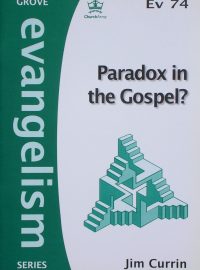

Paradox in the Gospel
Culture & Mission, Scripture & Prayer
Life and the gospel contain a good deal of paradox, but a survey has showed that evangelists often ignore it. Here Jim Currin wants to stir a discussion to make evangelism more effective, in the belief that acknowledging paradox makes the gospel more exciting, relevant, and attractive to today's spiritual seeker.
£4.00
Sold out
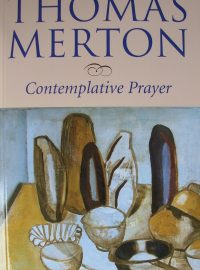

Contemplative Prayer
Influences & Suggested Reading, Scripture & Prayer
Thomas Merton's classic study of monastic prayer and contemplation brings a tradition of spirituality alive for the present day. But, as A M Allchin points out in his Introduction to this new edition, Contemplative Prayer also shows us the present day in a new perspective, because we see it in the light of a long and living tradition.
Merton stresses that in meditation we should not look for a 'method' or 'system' but cultivate an 'attitude' or 'outlook': faith, openness, attention, reverence, expectation, trust, joy. God is found in the desert of surrender, in giving up any expectation of a particular message and 'waiting on the Word of God in silence'.
Merton insists on the humility of faith, which he argues 'will do far more to launch us into the full current of historical reality than the pompous rationalisation of politicians who think they are somehow the directors and manipulators of history'.
£9.99

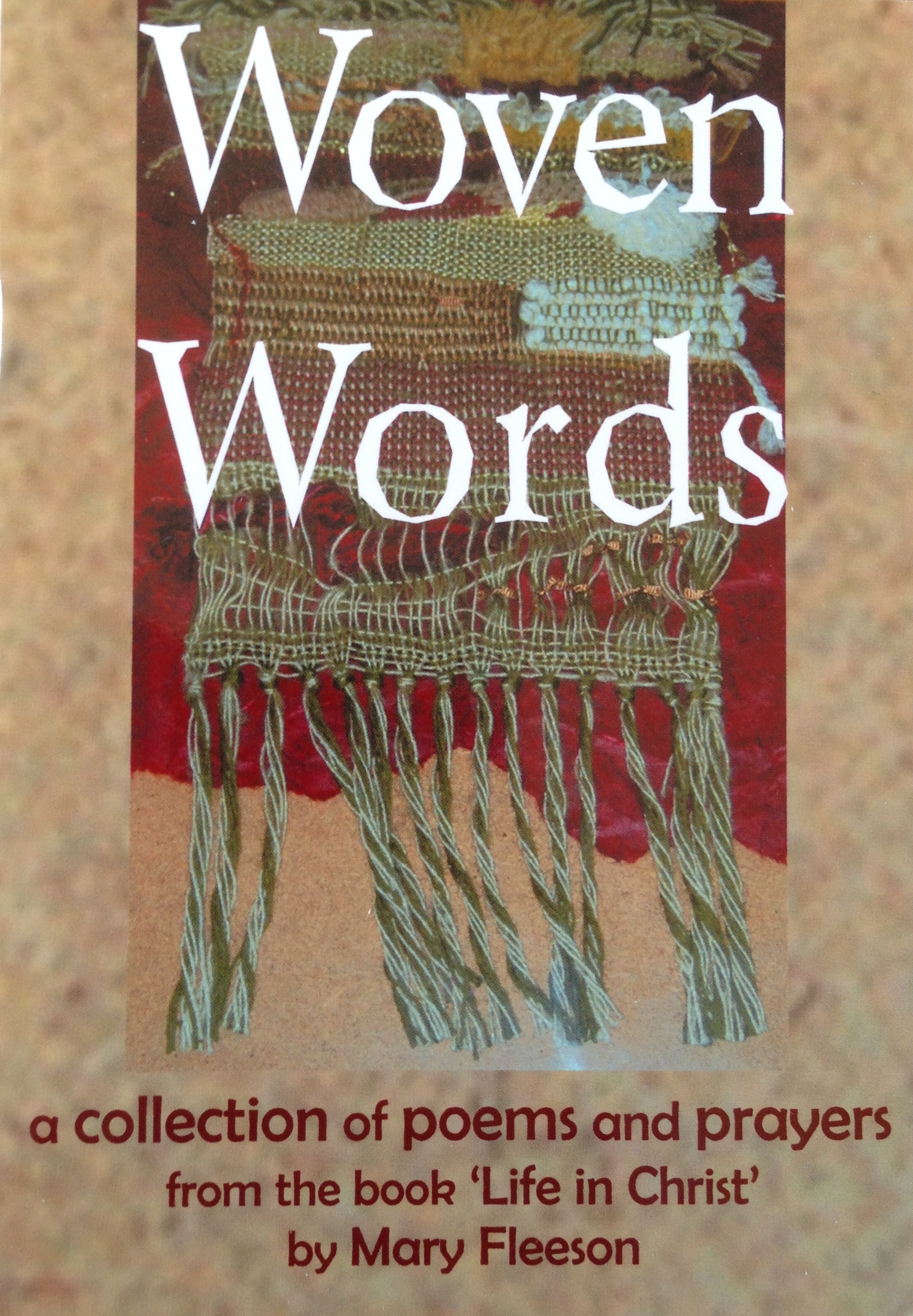
Reviews(0)
There are no reviews yet.